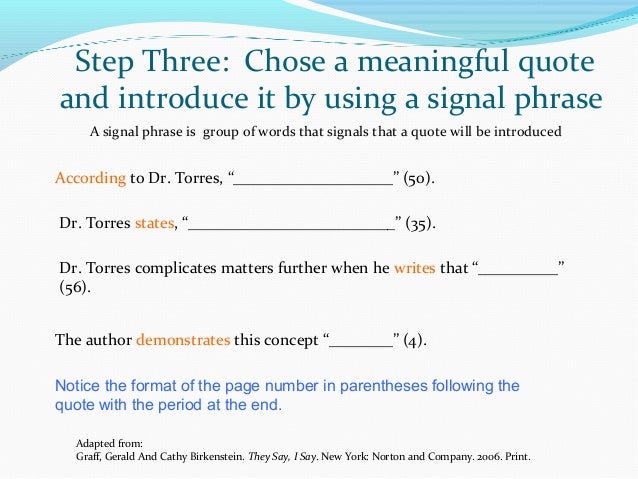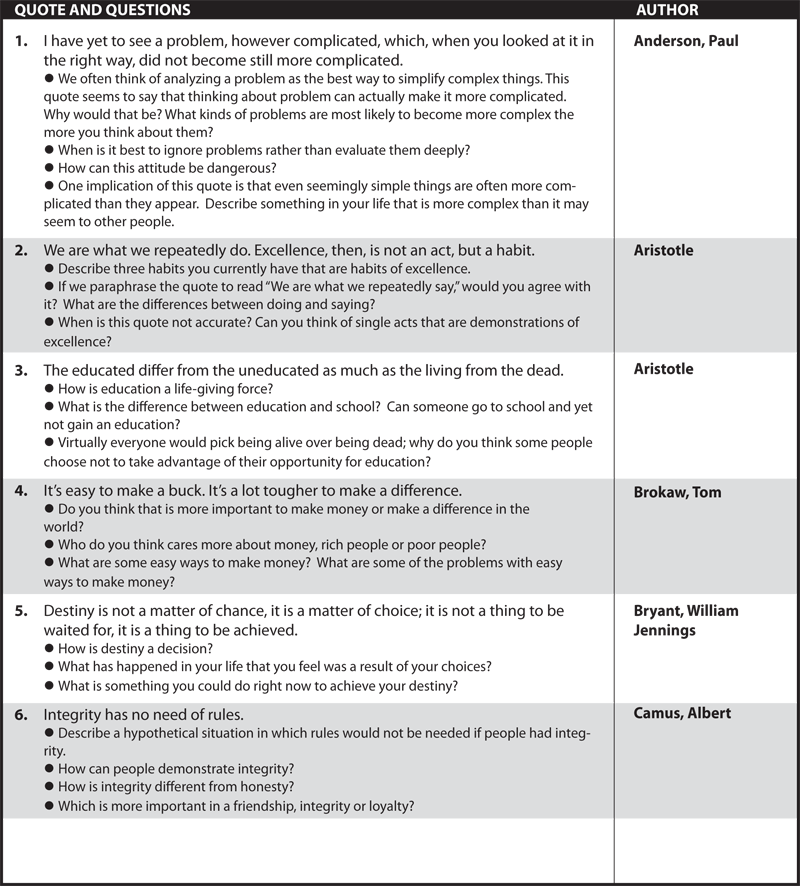

Twice Woolf tells us that her motherâ?¦."

Continue on with, "For example, in â?Reminiscences', Woolf discusses her mother in several places, sometimes repeating herself, sometimes contradicting her previous statements.

It's fine to make a point, such as "the first memoir seems rambling and aimless, while the second is tightly structured." But then you must provide examples that support your points. Make sure you're writing an argument, not simply a plot summary. However, remember, in academic writing it is assumed that your audience is familiar with the text.
Instead of writing "I couldn't find a beginning, climax, end in â?The Mark On The Wall,'" (which tells your readers about you instead of the text), you might write "'The Mark On The Wall' dispenses with the traditional beginning-climax-end story structure." Avoid comments such as "I likedâ?¦" or "I was confused byâ?¦." Don't refer to your own process of investigation. You're not writing a review, where evaluation is appropriate you're writing criticism (which isn't necessarily critical, but analytic). Don't evaluate the quality of the writing ("Faulkner's use of symbolism, narration, word choice, and characterization made this a powerful novel.") analyze and interpret instead.In most cases, it's best to state your main idea - your thesis - in the first or second paragraph, so that your reader knows right away what it is that you're going to argue.Don't begin with vast generalizations like "Within every human being there are unique thoughts and feelings that no other person has ever experienced before." Or, "Color symbolism is found in all great pieces of literature." These "from the dawn of time" statements point to a lack of focus or (public enemy number one) a vague thesis.Your essay should stand alone, quite independent of the assignment sheet. Don't begin by quoting the assignment sheet or indicating which topic you're writing about.i.e., "A Perfect Day For Banana Fish" can become "Banana Fish." If the title is very long and you are making numerous references to it, you can refer to it by a shortened version. In subsequent references to the author, use his or her last name.(Titles of stories, essays and poems are in "quotation marks.") Refer to the text specifically as a novel, story, essay, memoir, or poem, depending on what it is. Titles of books should be underlined or put in italics.
#How to introduce a quote from an euthor full#


 0 kommentar(er)
0 kommentar(er)
